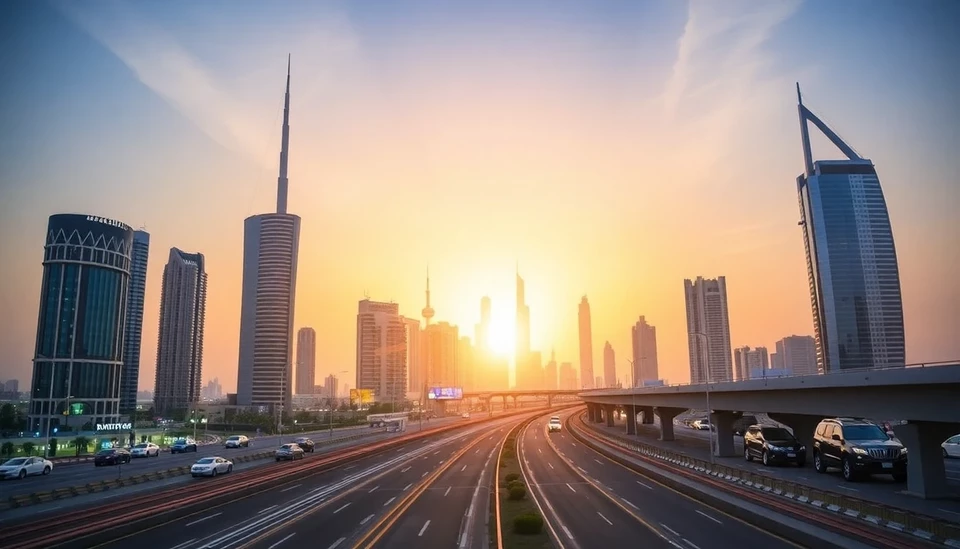
The United Arab Emirates (UAE), particularly Dubai, is experiencing a dramatic surge in job opportunities, resulting in a sizeable influx of expatriates seeking employment. This employment boom is mostly driven by the nation’s robust economic recovery post-pandemic and its attractiveness as a global business hub. However, as the expatriate population grows, it places unprecedented pressure on the existing infrastructure, prompting both opportunities and challenges for the city.
Recent reports indicate that the job market in Dubai has seen significant expansion across various sectors, including technology, finance, and hospitality. The ambitious economic plans set forth by the UAE government, which aim to diversify its oil-dependent economy, have attracted countless international businesses and professionals. This has led to Dubai becoming a desirable destination for expatriates who are lured by lucrative salaries and tax-free incomes.
The easing of COVID-19 restrictions and the hosting of major events, such as Expo 2020, have further catalyzed the job market. As businesses resume full operational capacities, they are eager to hire talent, leading to a fierce competition among companies to attract skilled workers. This dynamic has also empowered job seekers, allowing many expatriates to negotiate better terms for their employment contracts.
However, the rapid influx of expatriates is straining Dubai’s infrastructure, which is already grappling with the challenges of an increasing population. The city’s transport systems, housing market, and public services are all feeling the impact of this demographic shift. Substantial traffic congestion, rising housing costs, and pressure on healthcare services are becoming increasingly evident as the number of residents grows.
Real estate, in particular, is facing significant pressure, with rental prices soaring. The demand has outstripped supply, causing rents to rise sharply in desirable areas. Many residents are now forced to seek accommodation in farther suburbs, leading to longer commutes and additional pressure on the transportation network. Public transport systems, while efficient, are becoming overloaded, especially during peak hours.
As expatriates continue to flock to Dubai in search of new job prospects, city officials are aware of the urgent need to upgrade infrastructure to accommodate the influx. Plans are underway to improve public transportation, increase housing availability, and bolster public services. However, these initiatives take time, and the immediate effects of the population boom are being felt by both new arrivals and long-standing residents alike.
In summary, while the job boom in Dubai presents exciting opportunities for expatriates and stimulates economic growth, it concurrently creates significant challenges regarding infrastructure and quality of life. The balance between drawing in talent and ensuring sustainable living conditions will be critical as Dubai navigates this period of rapid expansion.
As this situation develops, stakeholders from the government, the private sector, and the community will need to collaborate continually to ensure that the benefits of this growth do not come at the expense of livability.
#DubaiJobs #ExpatLife #InfrastructureChallenge #UAEEconomy #JobMarketBoom
Author: Laura Mitchell




